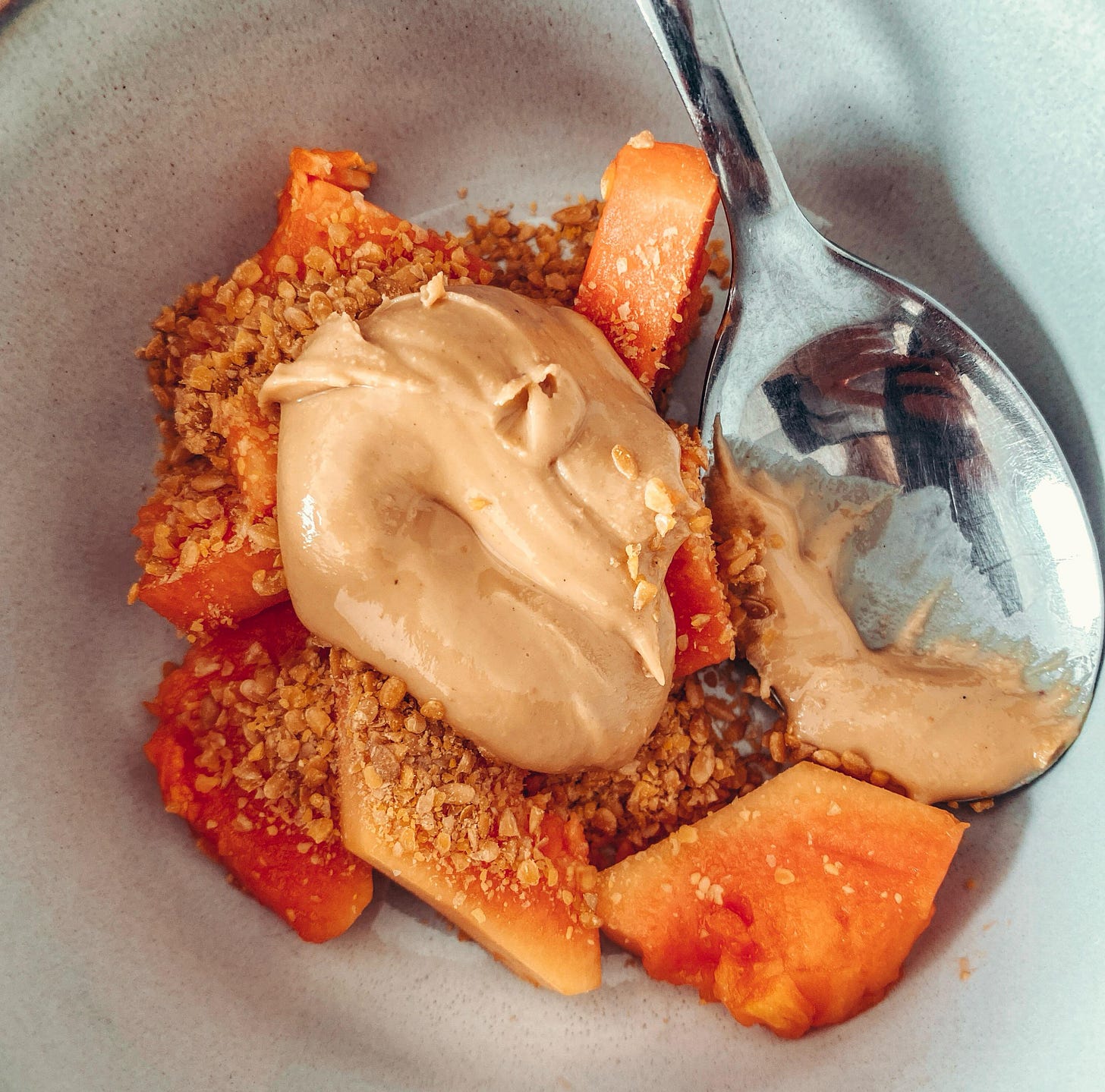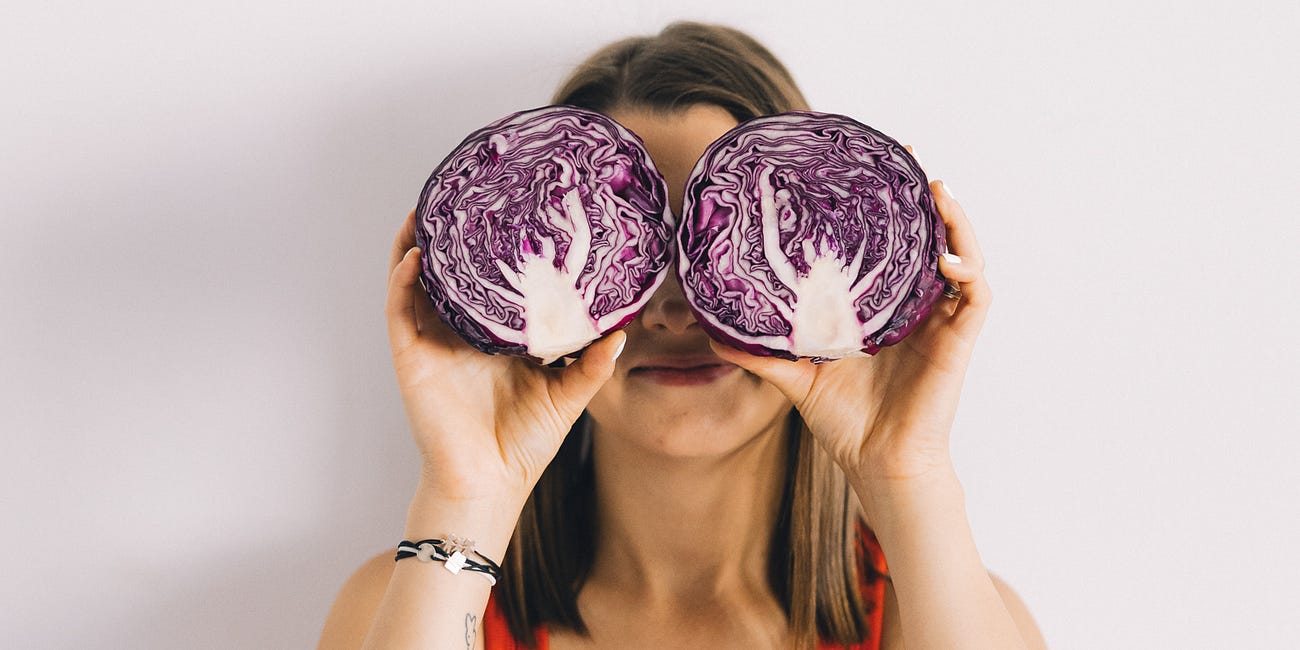Enzymes are the unsung heroes of our bodies, quietly working behind the scenes to keep everything running smoothly. These tiny protein molecules act as catalysts for over 25,000 processes in the body, helping to break down food, absorb nutrients, and even support metabolic functions.
When it comes to digestion, enzymes are essential. Every time we eat, our bodies need to break down proteins, fats, and carbohydrates into smaller molecules that can be absorbed and used for energy, repair, and overall health. Without enough enzymes, this process can become sluggish, leading to discomfort, bloating, and nutrient deficiencies.
“You are not what you eat, but what your body can do with what you eat.”
— Andrea Nakayama
Just like a key fits a specific lock, different enzymes are needed to break down different types of food:
Amylases: Help digest carbohydrates, starches, and sugars.
Proteases: Responsible for breaking down proteins into amino acids.
Lipases: Aid in fat digestion and absorption.
Signs Your Body May Not Be Producing Enough Enzymes
If your enzyme production is low, your digestion—and overall well-being—can take a hit. Some common signs include:
Abdominal pain and cramping
Gas and bloating
Constipation, diarrhea, or alternating between the two
Poor nutrient absorption (which can lead to deficiencies over time)
Undigested food in stool
Fatigue and low energy
Anxiety or mood imbalances
Food intolerances
How to Support Enzyme Production Naturally
The good news? You can help your body produce more enzymes and improve digestion with a few simple strategies:
1. Eat More Enzyme-Rich Foods
Incorporating foods naturally high in enzymes can give your digestion a boost:
Papaya (contains papain, a protease that helps break down proteins)
Pineapple (rich in bromelain, another powerful protease)
Kiwi (contains actinidin, which supports protein digestion)
Avocado (rich in healthy fats that support digestion by stimulating bile production, which aids fat digestion)
Fermented foods like sauerkraut, kimchi, miso, and kefir provide beneficial bacteria that support digestion
Prebiotic foods (such as apples and bananas) help feed the gut microbiome, which in turn supports enzyme production
Lemon water before meals can stimulate digestive secretions, including stomach acid (HCl), which plays a key role in activating enzymes and breaking down food
2. Consider Supplementing*
If you’re experiencing persistent digestive issues, targeted supplementation might help:
Digestive enzyme supplements (especially those containing amylase, protease, and lipase) can support breakdown and absorption
HCl (hydrochloric acid) supplements may help if low stomach acid is a contributing factor
Prebiotics & probiotics help create a gut environment that supports optimal enzyme activity
* Targeted supplementation (such as digestive enzymes, HCl, or probiotics) may help, but it’s best to tailor these to your individual needs with guidance from a practitioner.
3. Make Simple Lifestyle Changes
Your body doesn’t just need the right foods—it also needs the right environment to function optimally. Stress and lifestyle habits can impact digestion in a big way.
Reduce stress: Chronic stress inhibits digestion and enzyme production, making mindful eating and stress management key
Activate the parasympathetic nervous system: Simple habits like deep breathing before meals, eating without distractions, and chewing food thoroughly can improve digestion and enzyme release
The Bottom Line
Enzymes play a crucial role in digestion, and when your body isn’t producing enough, it can lead to a range of uncomfortable symptoms. By adding enzyme-rich foods to your diet, considering strategic supplementation, and making small lifestyle adjustments, you can support your digestion naturally—helping you feel more energized, nourished, and in balance.
Have you noticed any signs of low enzyme production? Let me know in the comments or hit reply—I’d love to hear your thoughts!
In case you missed my previous Wholesome Wednesday article:
Unexpected Things That Spike Your Blood Sugar
Here's an unpopular opinion: you can eat the cleanest, healthiest diet and still struggle with blood sugar balance. Because there's more than just food that influences your blood sugar stability—or imbalance.
Thank you! ✨
A heartfelt thank you to everyone who supports my work here on Substack.
✨ P.S.
If you know someone facing health challenges related to blood sugar balance, hormonal or metabolic issues, or someone looking to take an active role in their health journey—or even someone who simply enjoys eating whole foods for better health—would you forward my Substack to them? I’d love it if you could share my page with a friend or restack it to your notes. Your support means so much to me—thank you! ✨
Stay wholesome,
Karina









Really useful tips.
Practical & informative article Karina. Thank you